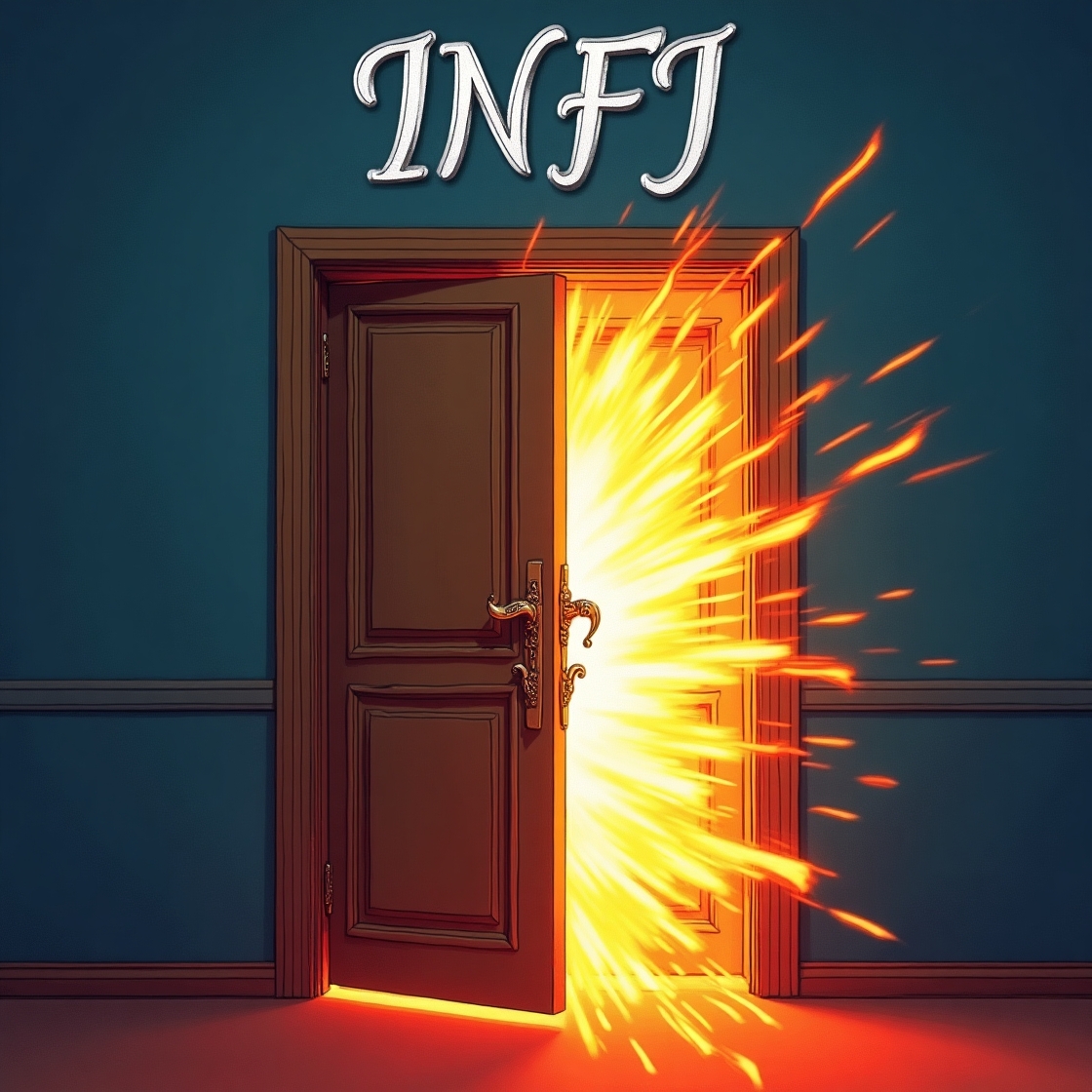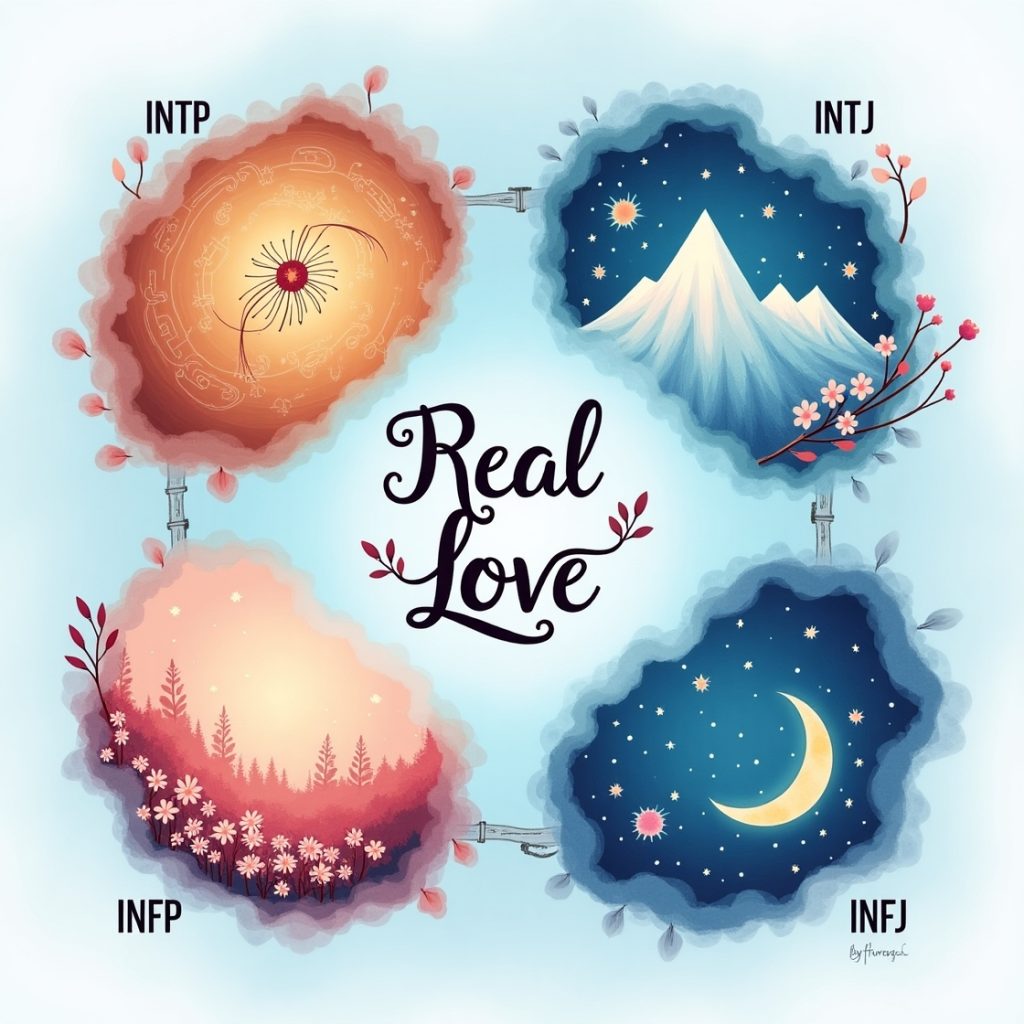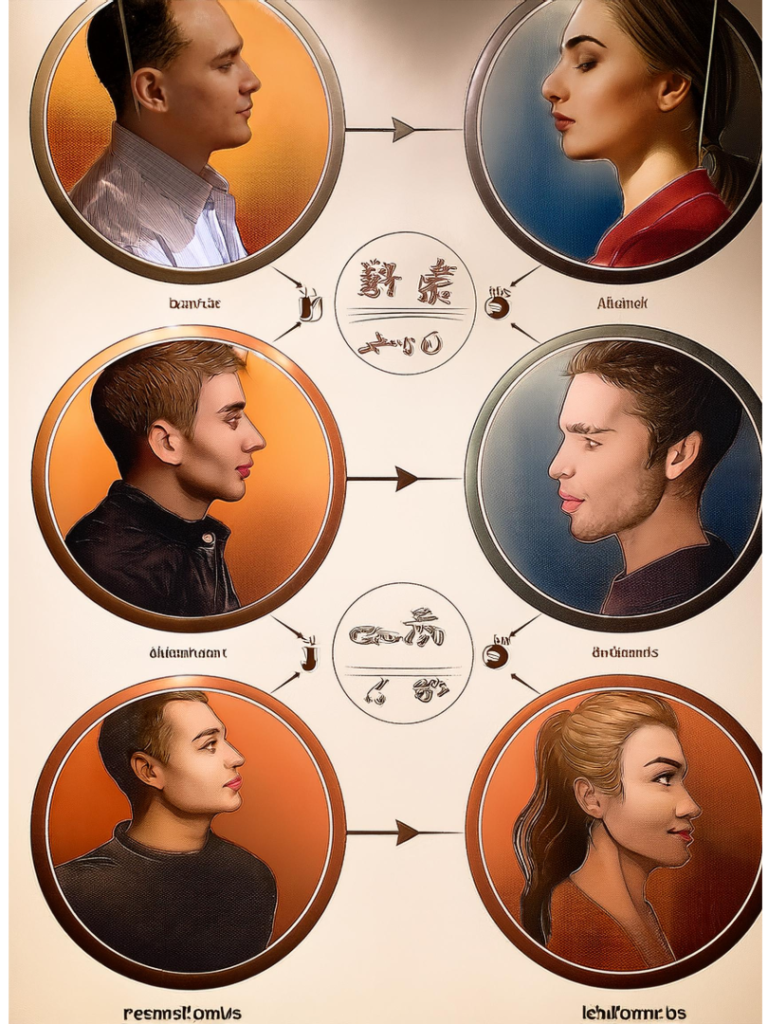|
Hear me out
Getting your Trinity Audio player ready...
|
The INFJ Exit: Understanding When and How They Leave Relationships
When an INFJ decides to leave a relationship, it is rarely a sudden or impulsive act. Instead, it is often the culmination of a long period of internal deliberation, emotional processing, and unmet needs. For those on the receiving end, the INFJ’s departure, particularly the phenomenon known as the “door slam,” can appear abrupt and confusing, but for the INFJ, it is typically a necessary act of self-preservation.
INFJs value deep, authentic connections and invest heavily in their relationships. They are often highly attuned to the needs and feelings of others, sometimes to the detriment of their own. They tend to be very forgiving and patient, often giving multiple chances and trying to work through issues. However, there comes a point when, after feeling repeatedly hurt, misunderstood, or taken advantage of, an INFJ may reach a Subliminal point where they determine that the relationship is no longer healthy or sustainable for their well-being.
The decision to leave is often made internally long before any external action is taken. During this period, the INFJ is weighing the impact of the relationship on their mental and emotional health, analyzing the dynamics, and envisioning a future without the other person. This introspective process, guided by their dominant Introverted Intuition (Ni), solidifies their resolve.
The actual act of leaving can manifest in different ways. While not all INFJs utilize the “door slam,” it is a widely discussed pattern of behavior for this type. The “door slam” involves abruptly cutting off all contact with the individual, effectively removing them from their lives entirely. This can include ignoring messages, avoiding mutual spaces, and disengaging on social media. From the outside, this can seem cold or even cruel, but for the INFJ, it is a way to create necessary distance to heal and protect themselves from further pain or toxicity. It is a firm boundary deemed necessary when other attempts to resolve the issues have failed or when they feel the other person is unwilling or unable to change.
In other instances, an INFJ might gradually withdraw from the relationship before a final separation. This can involve becoming less responsive, sharing less about their inner world, and creating emotional distance. This slow fade can be a precursor to a more definitive break if the issues are not addressed.
Regardless of the method, when an INFJ leaves a relationship, it is typically a well-considered decision driven by a deep need to protect their inner harmony and well-being. While they may experience guilt or sadness over the end of the connection, particularly if the other person is hurt or confused, they generally view it as a necessary step towards a healthier future. Reconciliation after an INFJ has decisively left a relationship, especially after a “door slam,” is uncommon and usually requires significant effort and demonstrable change from the other person.












